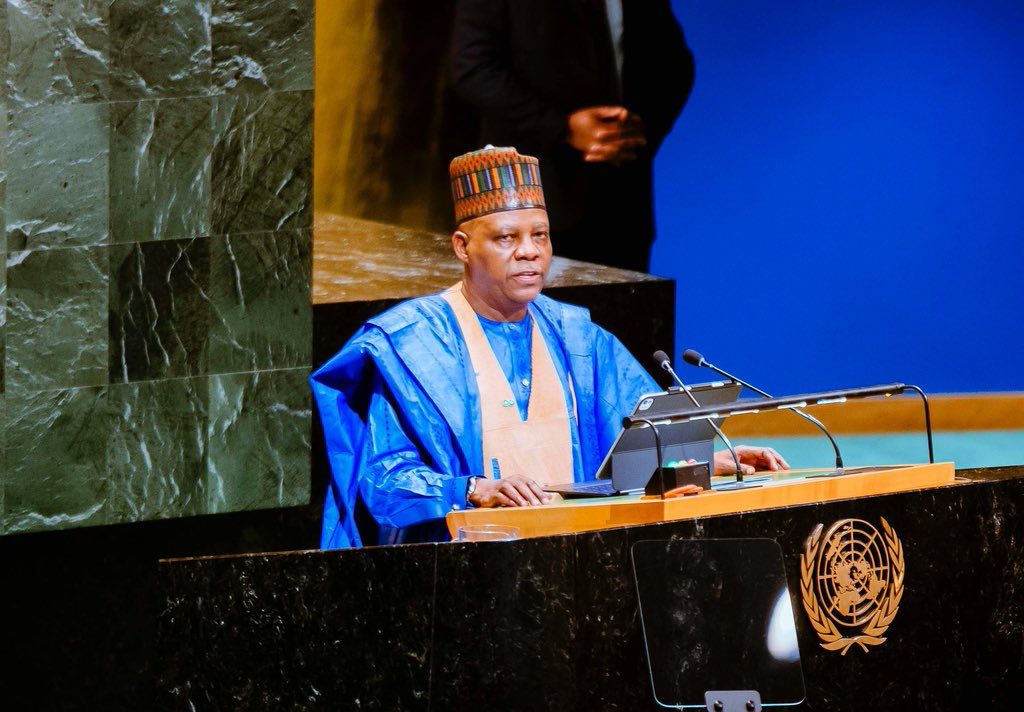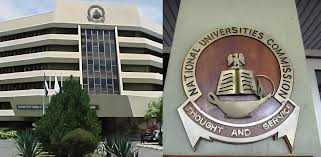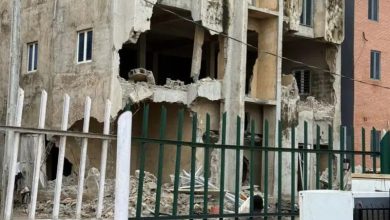Tinubu Warns UN Risks Irrelevance Without Immediate Reforms
President Tinubu urged sweeping reforms at the UN, warning its relevance could fade without action.
Speaking through Vice President Shettima, he pressed Nigeria’s case for a permanent Security Council seat.
At the 80th session of the United Nations General Assembly on Wednesday, September 24, President Bola Ahmed Tinubu issued a strong call for urgent and comprehensive reforms at the global body. He warned that without swift restructuring, the UN risked becoming irrelevant as major international developments increasingly occur outside its influence.
Speaking through Vice President Kashim Shettima, President Tinubu laid out four major demands, with Nigeria’s quest for a permanent seat on the UN Security Council at the top of the list. He argued that the Council’s current structure still reflects a post-World War II order and must be updated to mirror modern geopolitical realities.

According to him, Nigeria’s growth from a colonial territory of 20 million people to an independent nation of over 236 million projected to become the world’s third most populous country underscores its eligibility for a permanent seat and its role in shaping global decisions.
The President also expressed frustration at the slow pace of progress on issues such as nuclear disarmament, Security Council expansion, and equitable access to global trade and finance. He criticized what he described as the UN’s tendency to use polite diplomatic language to conceal inaction, noting that these failings have tarnished the organization’s credibility.
He added that conflicts around the world have worsened because of delayed international action, pushing some countries to seek alternative forums outside the UN framework.
On the Middle East, President Tinubu reiterated Nigeria’s support for a two-state solution, describing it as the most dignified route to lasting peace. He stressed that the Palestinian people deserve the same freedoms and respect enjoyed by others worldwide.
The President further proposed the creation of a global judicial mechanism to handle sovereign debt crises, likening it to an international court for financial disputes. Such a body, he said, would allow developing nations to move beyond dependency on raw material exports and embrace broader economic transformation, with debt relief designed to foster prosperity rather than act as a form of charity.
Highlighting Africa’s mineral wealth, he urged investment in local processing and fair partnerships with African countries to ease global tensions, diversify supply chains, and promote shared prosperity. He supported the UN Secretary-General’s call for technological inclusion, stating that artificial intelligence should prioritize Africa’s involvement to narrow global knowledge and wealth gaps.
Addressing the fight against terrorism, President Tinubu stressed that military victories are short-term and that the real battle is ideological, requiring values and ideas to achieve lasting peace over generations.
He concluded with an appeal for renewed dedication to multilateralism, development, human rights, and collective security, warning that if meaningful change is not made, the UN’s relevance will continue to decline.



